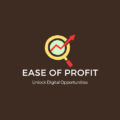Mastering LinkedIn Ads: Transforming Clicks into Clients written by John Jantsch read more at Duct Tape Marketing
The Duct Tape Marketing Podcast with AJ Wilcox In this episode of the Duct Tape Marketing Podcast, I interviewed AJ Wilcox, a LinkedIn Ads expert and founder of B2Linked, a company specializing in LinkedIn Ads account management. Wilcox is renowned for his in-depth knowledge of LinkedIn’s advertising platform and his ability to optimize ad campaigns […]
Embracing Mortality: How to Live a Life Without Regret written by John Jantsch read more at Duct Tape Marketing
The Duct Tape Marketing Podcast with Jodi Wellman
In this episode of the Duct Tape Marketing Podcast, I interviewed Jodi Wellman, an expert in positive psychology and author of You Only Die Once: How to Make it to the End with No Regrets. Wellman is known for her unique approach to living a life free from regrets by embracing our mortality and using it as a catalyst for meaningful change. Her insights offer a fresh perspective on how to live a life that is not only full but astonishingly alive.
Jodi Wellman’s journey into existential exploration and positive psychology provides listeners practical tools and motivational strategies for making the most of every moment. She emphasizes that confronting our mortality can lead to a profound shift in prioritizing and approaching our lives. This episode is a must-listen for anyone seeking a more intentional and regret-free life.
Key Takeaways
Questions I ask Jodi Wellman:
[01:42] How do people typically react when confronted with the idea of their mortality, especially in cultures where discussing death is less common?
[03:48] How can someone break free from the rut of monotonous routines, as illustrated by your stapler analogy?
[06:57] Why do you think people find the fear of leaving a situation—whether it’s a job or relationship—so much greater than staying in it?
[08:50] Are there recent trends or events driving people to think more about mortality and make changes, or have you just noticed it more recently?
[11:00] Does the idea of not living a squandered life give people the freedom to pursue their own happiness, regardless of other considerations?
[13:14] When someone feels stuck or unfulfilled, how do you help them explore and redirect their life path?
[15:46] What insights have you gained from observing people who have made significant life changes?
[17:13] How do you translate complex academic concepts into practical advice that resonates with people’s emotions?
[19:58] Where can people connect with you and find a copy of your book, “You Only Die Once”?
More About Jodi Wellman:
- Check out her Website
- Follow her on LinkedIn
- Grab your copy of You Only Die Once: How to Make It to the End with No Regrets
Like this show? Click on over and give us a review on iTunes, please!
Connect with John Jantsch on LinkedIn
This episode of The Duct Tape Marketing Podcast is brought to you by ActiveCampaign
Try ActiveCampaign free for 14 days with our special offer. Exclusive to new customers—upgrade and grow your business with ActiveCampaign today!
Testimonial (00:00): I was like, I found it. I found it. This is what I’ve been looking for. I can honestly say it has genuinely changed the way I run my business. It’s changed the results that I’m seeing. It’s changed my engagement with clients. It’s changed my engagement with the team. I couldn’t be happier. Honestly. It’s the best investment I ever made
John Jantsch (00:16): .
(00:16): What you just heard was a testimonial from a recent graduate of the Duct Tape Marketing certification intensive program for fractional CMOs marketing agencies and consultants just like them. You could choose our system to move from vendor to trusted advisor, attract only ideal clients, and confidently present your strategies to build monthly recurring revenue. Visit DTM.world/scale to book your free advisory call and learn more. It’s time to transform your approach. Book your call today, DTM World/scale.
(01:03): Hello and welcome to another episode of the Duct Tape Marketing Podcast. This is John Jantsch, my guest, today’s Jodi Wellman. She’s a speaker, author, assistant instructor in the Master of applied Positive Psychology program at the University of Pennsylvania and founder of 4,000 Mondays. She really just wants people to live squander free lives without deathbed regrets. And we’re going to talk about her book that deals with that very topic. You only die once, how to make it to the end with no regrets. So Jodi, welcome to the show.
Jodi Wellman (01:34): Oh, thanks. I’m excited to be here with you.
John Jantsch (01:36): So obviously the point of the book is no regrets, right? Or how to make it to the end without regrets. The hook, of course, is to shake people and say you’re going to die. So how do you find that people take that? I mean, especially Americans, we don’t like to talk about death. I mean, in Eastern cultures it’s actually a very common practice. How do you find particularly people on this side of the ocean taking to this idea of you telling ’em they’re going to die?
Jodi Wellman (02:06): Yeah, we are really weird about it. And yet it’s a funny thing because on one hand there is the eyebrow raised. I mean, right now half of people listening are like, do I keep listening? What am I doing here? Wait, I’m kind of all lured. What do I do? And so I’ve noticed this really kind of cool, wait, tell me more. And yet we’re scared and it’s okay. We come by. Our denial, honestly, especially like you said, Western cultures, we don’t really want to talk about it, and yet we do want to talk about it deep down where it gets a taboo and it’s like, therefore it’s alluring. And so it’s this kind of neat dance between don’t talk about it, but can you whisper it? And so for me, I mean, I make fun of it. I clearly, I use a tone that’s irreverent and which I couldn’t not do, but I doodle about it. If you can doodle the grim reaper, I mean, you can talk about anything if you could doodle it.
John Jantsch (02:54): So I am sure you’ve done a lot of, there are a lot of texts that have dealt with this. One of my actual favorites is, it’s going to sound really creepy, but the Tibetan Book of Death is actually an amazing work. And I feel like your book is kind of the Tibetan book of death with humor.
Jodi Wellman (03:09): You know what? I’m going to log that one. That’s the compliment I’ve received of the week woman.
John Jantsch (03:13): So I suggest if folks want to pick up Jodi’s book, I suggest you get the audio book because it’s basically a standup routine.
Jodi Wellman (03:21): Thank you for saying that. We do have a lot of fun. There are a lot of F-bombs. And I mean, if we’re talking about the fact that we’re all totally going to die, and I think you’re hinting at this, we’re talking about death in a way that is not just to talk about death, even though it is sensational and ridiculous, it’s in service of carpe diem of living before we die. But we need the prod, we need the cattle prod, or else we do just take life for granted. Do you find that?
John Jantsch (03:46): Yeah, and I think particularly, so you talk about 4,000 Mondays. I’m on the three digits probably of Mondays. So it’s certainly been a wake up for me. And I think a lot of people in my position in life, I do think a lot of people particularly, I mean we don’t think about it all. The first 1000, right? 2000 through 3000. I think that’s where everybody gets stuck in, well, this is what I’m doing. You use the stapler idea that maybe you could actually recount that story in your own unique way to talk about that idea of just being stuck.
Jodi Wellman (04:17): Yes. Well, here I was in my corporate existence, things were good, but they weren’t really adding up how you’re in life and you’re like, why am I not happier? The trappings of success. I wanted to make a change, but I didn’t know what to do. And so I remember being at my desk and I was stapling stuff together, and lo and behold, I run out of staples. That’s no big deal. All right? I get up, I go find the storage room, I get a row of staples, and I replace it in my stapler. And I distinctly remember saying to myself, if I’m still here, by the time this row of staples is here, I better not be. And I felt encouraged by this notion like, oh, I’ve got a 200 staple deadline only. The thing is, John, is I did nothing about it. So about a year goes by, I’m at my desk again, ready to blow my head off, but pretending everyone thought I was engaged. And then I stapled more pages together and my stapler runs out, and I felt sick to my stomach, but obviously I was hoping to be saved. I was hoping someone would headhunt me and pluck me out of this quiet life of desperation when oh my gosh, I had to learn that lesson. And the truth is, I reloaded that stapler like three times
John Jantsch (05:23): Before, and staplers weren’t exactly having a day still, right? I mean, there weren’t a lot of things that we were stapling anymore.
Jodi Wellman (05:30): No, yes, this is an indication of several years. But I needed to learn that in a way, holy, why can we have agency? We have to clue in sometimes to where we are feeling like we are settling in life. That for me, is a real warning sign if we’re settling and tolerating for long. Oh my gosh, back to this idea that life’s short. Let’s do the thing even though it’s hard to just take the plunge and take the risk to shake it up and find more happiness.
John Jantsch (05:56): So there are a lot of examples, and you have some in the book, near death certainly wakes people up, right? Going bankrupt wakes people up. I mean, there are a lot of things where comfort is actually kind of like the enemy, right?
Jodi Wellman (06:09): Oh, you said it so well. I mean, I love a good comfort zone. Give me a fleece blanket and I, I’m under it. And it doesn’t do much for making stuff happen in life. So these are called boundary situations in psychology where it could be a big birthday, it could be retirement, it could be a loss of a job. Any rite of passage in life that jolts us a little bit to go, whoa, my world has been moved. Maybe it is a bit of an existential reminder when you have the big birthday, but those are important to be super honest. I mean, a lot of us in the science of positive psychology, we talk, it’s like a crappy reality, but it’s the crappy stuff that elicits the most meaning in life. And most of us will, we need the impetus, we need the inciting event, and we’re just not motivated enough to do it on our own accord.
John Jantsch (06:57): So I mean, the person that you described is stuck in a job, stuck in a marriage, stuck in whatever. Is the fear of leaving that so much scarier than just staying put? That’s kind of a vice, isn’t it?
Jodi Wellman (07:10): Absolutely is. And this notion, as I said in my TEDx talk, this line I still think is really important. And it’s like our fear of death is rivaled only by our fear of living. Most of us are not pleased about the idea of death or of public speaking, but we can at least deny and get around that. But the idea to commit and participate and maybe make some bold choices, even though we know they’re the ones that are probably going to be the best for us, the ones that, again, back to regret, you started our conversation by outlining the books about avoiding regret. It’s like when you’re lying there, hopefully lots of morphine coursing through your veins at the end would be there with their vein thing where you’re like, I just regret not doing that. And if that could be the case, now’s your chance to course correct it and maybe take action on it. Literally starting this afternoon,
John Jantsch (08:01): And I’m probably guessing it is not. I just wished I would’ve worked a few more hours,
Jodi Wellman (08:07): Only I’d answered more emails.
John Jantsch (08:09): So you have some quotes in here. One of my favorites in this topic, I believe is attributed to EE Cummings, the poet, and he said, most of us will regret on our deathbeds, not our sins of commission, but our sins of omission. And I think that to me beautifully wraps that up. The things we didn’t do, not the bad things we did, but the things we just didn’t get around to.
Jodi Wellman (08:29): It’s so true.
John Jantsch (08:30): Yeah. So you cite, there’s a lot of literature really on this. Ryan Holidays stoics, you put Mente Maori in there. That’s been a symbol that he’s used in his writing. I had Oliver Berkman on the show, 4,000 weeks, I think it is. And so is there something going on that is causing people more to consider this, to write about this, or have I just noticed it more recently?
Jodi Wellman (08:58): Yeah, you’re just tuned into it with those triple digits.
John Jantsch (09:00): That’s right.
Jodi Wellman (09:01): Yeah. No. Well, I believe that there has been, again, this equal kind of repelling and yet fascination with death. But let’s just be honest. I mean nothing like a global pandemic to wake us up to our temporary nature. So I do think that has tuned us in a little bit more to, whoa, whoa. The things I thought were, we do this delusional thing where we like to think, oh, I’ll have time to do it later and later is very elusive and it’s very comforting and fuzzy. And now whether it was the pandemic did help us go, wait, I want to reorganize my priorities, and maybe now that means that I have to take it more seriously. Yeah,
John Jantsch (09:41): It’s my pleasure to welcome a new sponsor to the podcast. Our friends at ActiveCampaign. ActiveCampaign helps small teams power big businesses with the must have platform for intelligent marketing automation. We’ve been using ActiveCampaign for years here at Duct Tape Marketing to power our subscription forms, email newsletters and sales funnel drip campaigns. ActiveCampaign is that rare platform that’s affordable, easy to use, and capable of handling even the most complex marketing automation needs. And they make it easy to switch. They p
Related Posts
Recommended Story For You :
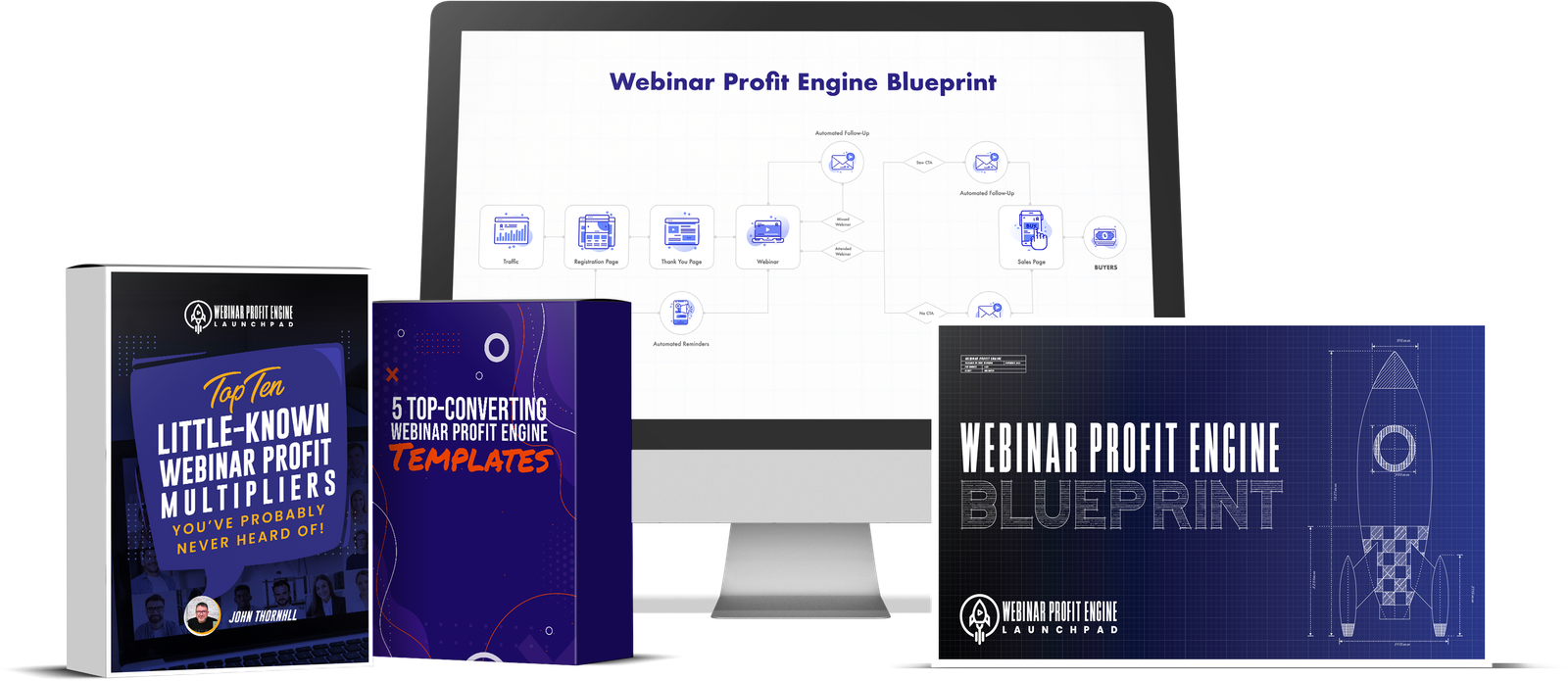
The Step-By-Step “Profit Engine” Blueprint.
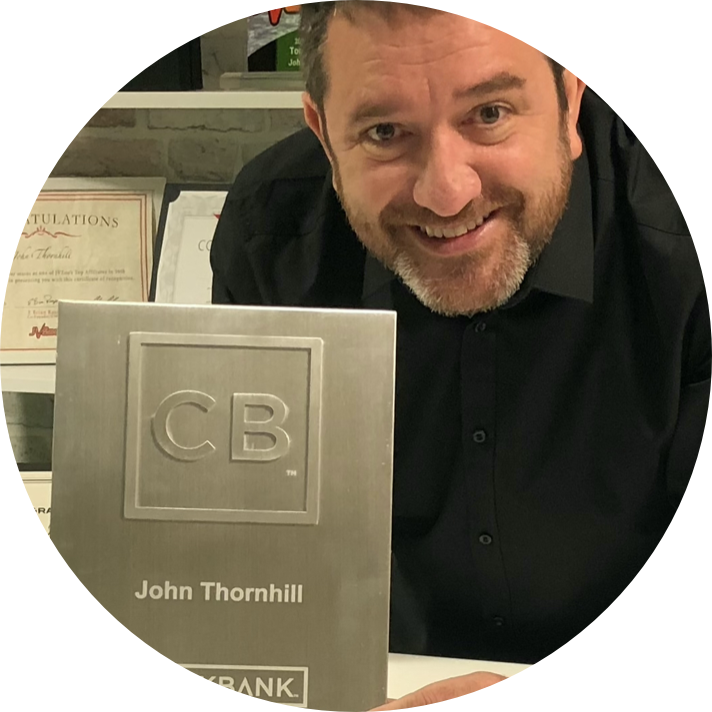
How To Make $3493 Commissions Without Doing Any Selling

Successful dropshippers have reliable suppliers.

People Think I Use A Professional Voiceover Artist. NO! I Just Use Speechelo!

Make Money Testing Apps On Your Phone Or Tablet

Make More Money or Lose Everything
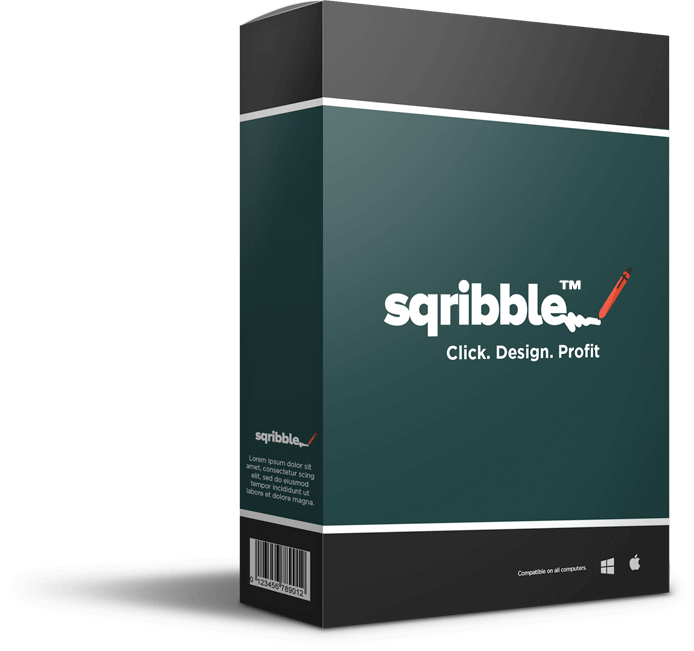
Sqribble Is The ONLY eBook Creator You’ll Ever Need.

Work & Earn as an Online Assistant
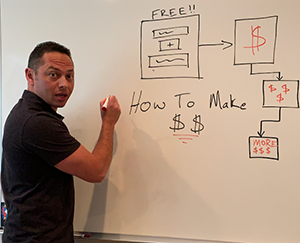
Create Ongoing Income Streams Of $500 To $1000 Or More Per Day

